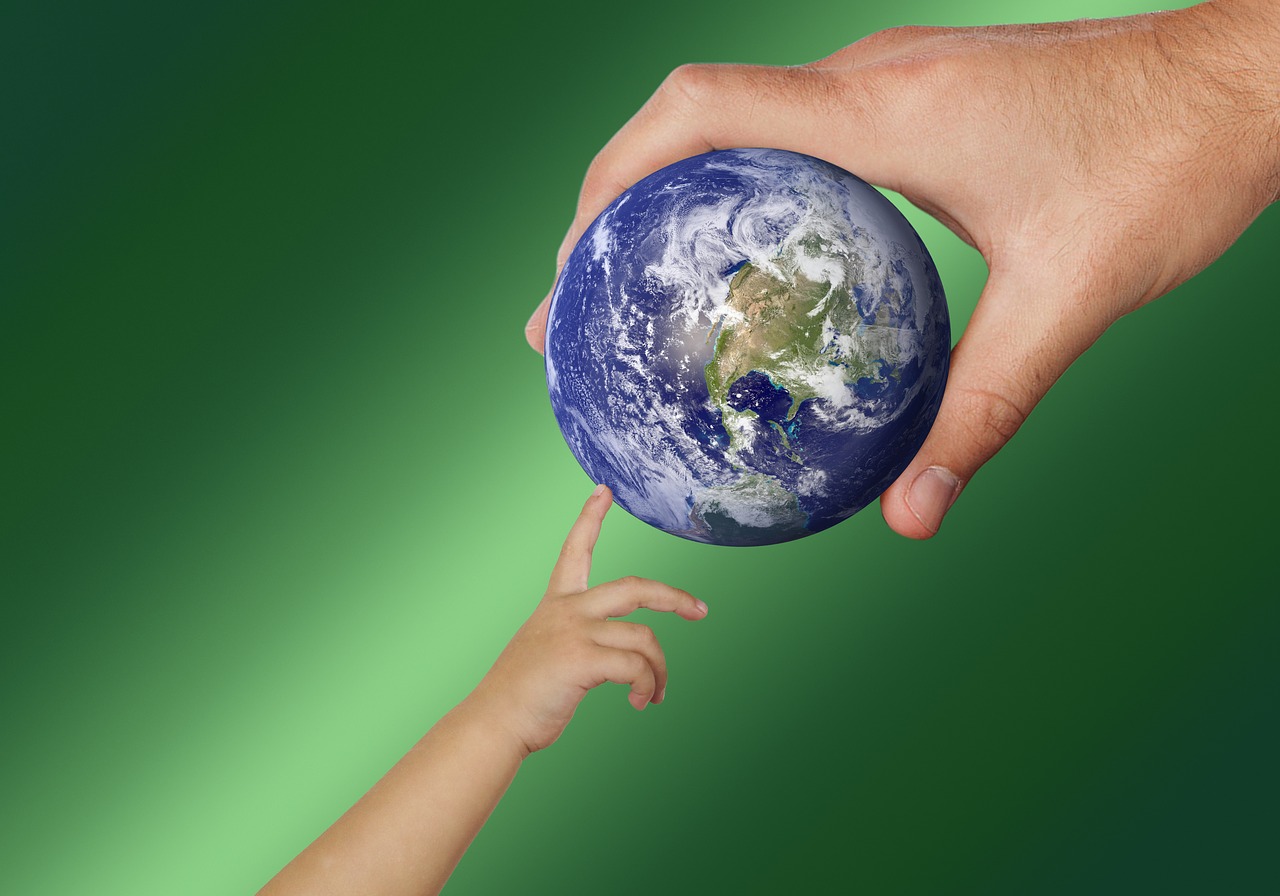BMJに掲載されている“Don’t worry about the drug industry’s profits when considering a waiver on covid-19 intellectual property rights”と言う反インダストリーの論文に何か反論はあるかと聞かれました。私は以下の説明をしました。
<大手メガファーマはコロナワクチンやコロナ治療薬で儲けすぎているのか?>
これは、大変示唆に富む「問い」だと思います。単純に大手医薬品の収益、特にファイザーやMSDの昨年度の収益の増加を見れば、明らかにその様に見えます。また多くの経済的に恵まれない国々が十分な量のワクチンや治療薬を確保出来ておらず、その原因が価格で合意出来ない為だとすれば、大手メガファーマは価格優先で供給先を決めたのかもしれません。私企業としては極めて妥当な事業判断ではあるが、開発費用のかなり部分を公的資金で賄ったのであれば、世界の公益には質さないと言われても仕方がないと思えます。
一方、物を作る力から考えれば、少し異なる現実にぶつかります。特許を開放してどの国でも自由に作る事を許せば経済的に恵まれない国々にも十分ワクチンが行き渡ったかと聞かれれば、答えは明らかに「NO」です。先ず、①mRNA製剤を均一の品質でオリジナル品と同等に製造するハードルは非常に高く、十分な技術レベルを持たない国で作る為には、先ず技術的な訓練と指導、その次に設備投資と適切な技術移管(これにもリソースと時間が相当必要)を経て初めて実現します。②また製品のベースとなるmRNAのMCB/WCBはやはり製造元で作成する必要があり、それらを大量培養する方法が、それほど容易くどこでも再現できるとは思いません。従って最も大量にワクチンを作るには、同じ会社に出来るだけたくさんのヒト・モノ・金のリソースを供給し、ヒトの訓練から新規設備の設置まで、単一の大きな組織で出来るだけ効率的に実施することが必要だと思います。
その意味で、世界最大の企業であるファイザー、AZ,J&J等が自社で生産量の最大化を図ったのは極めて合理的であり、その資金を米国政府、英国政府が助成したのはさらに合理的な政策であったと考えます。
This is the second series of my dialogue with a high-ranking government official – part I.
I was asked if there was any objection to the anti-industry paper “Don’t worry about the drug industry’s profits when considering a waiver on Covid-19 intellectual property rights” published in the BMJ.
<Are major mega-pharma companies making too much profits with corona vaccines? >
I think this is a very suggestive “question” requiring huge consideration on the industry landscape. If you simply look at the revenue growth of major pharmaceutical companies, especially last year, that’s clearly what it looks like. And if many economically disadvantaged countries could not obtain enough vaccines and the reason is that they can’t agree on prices, then the mega-pharma seems to put priority on prices and client’s ability to pay to determine the supply destination of the vaccines. Although it is a very reasonable business decision for any private company, they could be criticized as not serving the best public interest of the world, particularly given that a large part of their development cost is covered by public funds.
Is waiving on Covid-19 intellectual properties going to be an answer to this imbalance? My response is obviously “no.” Considering the capabilities to manufacture and commercialize the vaccines, we run into a different and brutal reality. It would be very difficult to distribute enough vaccines to all economically disadvantaged countries even if patents are waived in any country. First of all, (1) the hurdle to manufacture mRNA preparations with stable quality equivalent to the original products is extremely high. In order to make the products in a country not reaching a sufficient technical level, first technical training and guidance is required before the capital investment is made. Appropriate technical transfer is feasible only after the technical capabilities are established which also requires considerable resources and time. (2) In addition, the MCB / WCB of mRNA; the base of the product must be prepared and reproduced by the manufacturer. I do not expect the method of mass culturing MCB/WCB can be reproduced anywhere so easily. Therefore, in order to produce the largest amount of vaccine, we inevitably must rely on the mega-pharma companies. The best way to produce as much products as possible is to concentrate all the resources onto the same company and to carry out all steps from human training to installation of new equipment as efficiently as possible in a single large organization.
In that sense, it is extremely rational for Pfizer, AZ and J&J, the world’s largest companies to obtain the funds subsidized by the US and UK governments to materialize the maximum production in-house.


